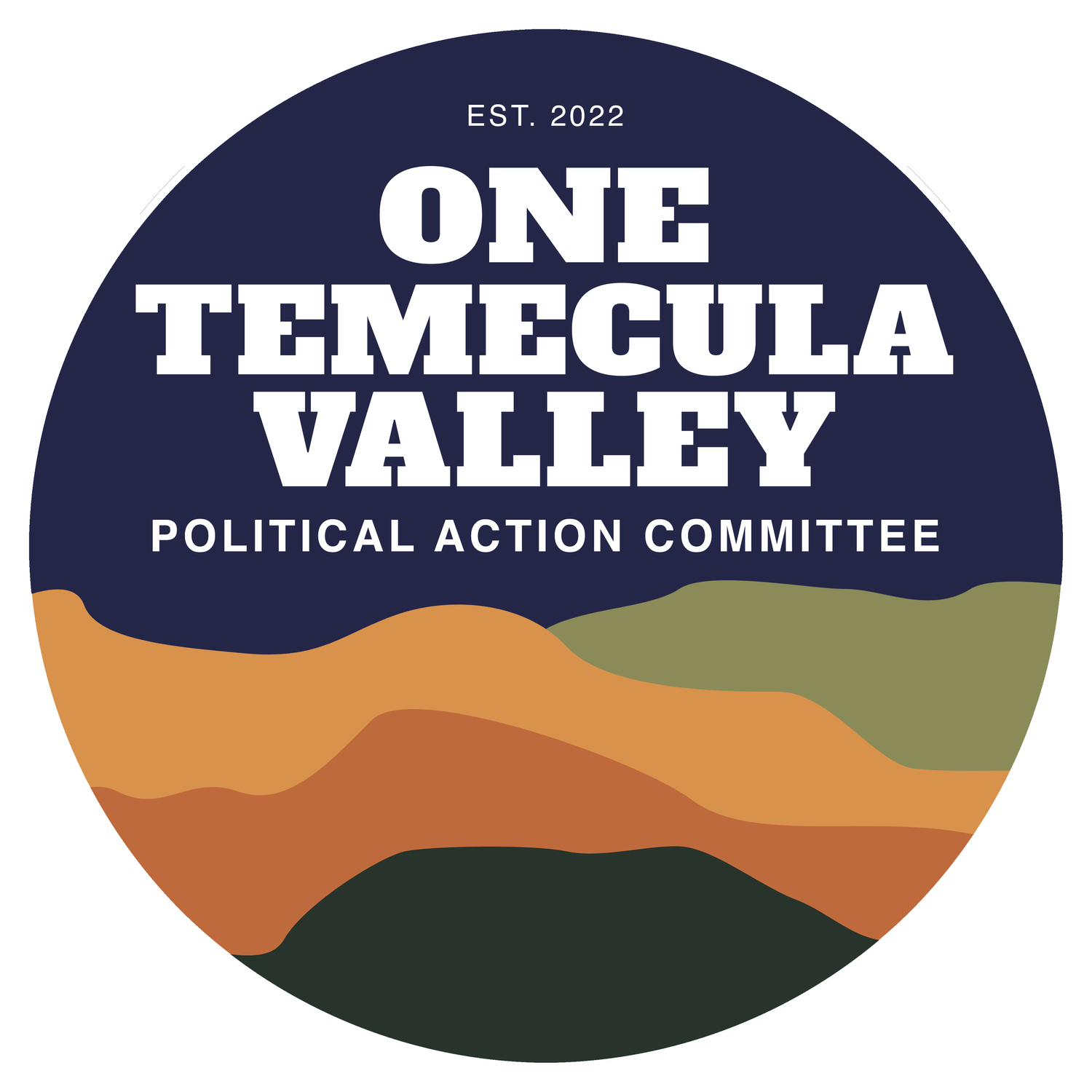Why Religion and Politics Are a Bad Combination for the Faithful
AI-assisted content
Religion and politics have always intersected in complex and often contentious ways. Both serve profound purposes in society: religion offers spiritual guidance and moral grounding, while politics provides a framework for governance and societal organization. However, when the two are intertwined, the faithful often find their beliefs co-opted for political gain, their spiritual communities divided, and their core principles compromised. This combination can weaken both faith and democratic institutions, leaving adherents disillusioned and communities fractured.
One of the most immediate dangers of merging religion and politics is the distortion of religious principles to serve political agendas. Politicians frequently invoke religious language or symbols to rally support, but in doing so, they risk reducing profound spiritual teachings to simplistic campaign slogans. Sacred texts and beliefs, which are meant to guide individuals toward personal growth, compassion, and ethical living, become tools to justify policies or vilify opponents. This misuse of religion strips it of its spiritual depth and alienates those who see their faith being used as a weapon rather than a source of unity.
For the faithful, this manipulation often leads to internal conflict. Many religions emphasize universal values such as love, justice, and humility. When political actors claim to represent these values but act in ways that contradict them—promoting division, intolerance, or greed—it forces believers to reconcile their faith with their political allegiances. This conflict can lead to disillusionment, as adherents feel torn between their spiritual commitments and the realities of a polarized political landscape. Over time, this tension erodes the integrity of faith communities and diminishes the transformative power of religion.
Moreover, the blending of religion and politics fosters division within religious groups themselves. Faith communities are often diverse, encompassing individuals with varying political beliefs. When religious leaders or institutions align themselves with specific political parties or policies, they risk alienating members who hold different views. Instead of serving as spaces for spiritual growth and fellowship, places of worship become arenas for political debate. This division not only weakens the bonds within the community but also distracts from the primary mission of religion: to inspire and uplift.
Another significant issue arises when religious groups wield political power. In such cases, the faithful may find their beliefs entangled with governance in ways that are difficult to disentangle. Policies that favor one religious perspective over others can lead to exclusion, discrimination, and even persecution of minority faiths or non-believers. This undermines the pluralism and inclusivity that are foundational to democratic societies. For adherents of the dominant religion, the close relationship with political power can also breed complacency, as faith becomes tied to privilege rather than spiritual discipline or personal transformation.
The fusion of religion and politics also exposes faith communities to the volatility and corruption inherent in political systems. Politics is often driven by compromise, negotiation, and, at times, opportunism—qualities that stand in stark contrast to the ideals of many religious traditions. When religious leaders or groups align themselves too closely with political movements, they risk becoming complicit in the flaws and failings of those systems. This not only tarnishes the reputation of religious institutions but also disheartens believers who expect their faith to remain a sanctuary from the world’s conflicts and corruption.
Furthermore, the blending of religion and politics undermines the universality of spiritual teachings. Many religious traditions speak to the human condition in ways that transcend culture, nationality, and political systems. By aligning too closely with specific political ideologies, religious groups limit their ability to appeal to people across different walks of life. This narrowing of focus diminishes the potential of religion to unite humanity around shared values and common goals.
Ultimately, the combination of religion and politics often serves neither effectively. Politics becomes mired in moral rigidity that hinders pragmatic governance, while religion loses its ability to inspire and transform. For the faithful, this merger creates confusion and division, making it harder to live out their beliefs authentically in a world that desperately needs the wisdom and compassion that religion can offer.
To preserve the integrity of both faith and democracy, it is essential to maintain a clear boundary between religion and politics. Religion is most powerful when it speaks to the heart and soul, calling individuals and communities to higher ideals. Politics is most effective when it focuses on practical solutions to societal challenges. When these realms overlap, the faithful must navigate a path that remains true to their spiritual convictions while resisting the temptation to allow those convictions to be exploited for political gain.
Faith has the potential to inspire justice, compassion, and hope in ways that transcend partisan divisions. However, for religion to fulfill this role, it must remain above the fray of politics, offering a moral compass rather than a political platform. By keeping religion and politics separate, the faithful can ensure that their beliefs remain a source of strength and guidance, rather than a tool for division or manipulation. In doing so, they honor both the sacredness of their faith and the integrity of democratic governance.


